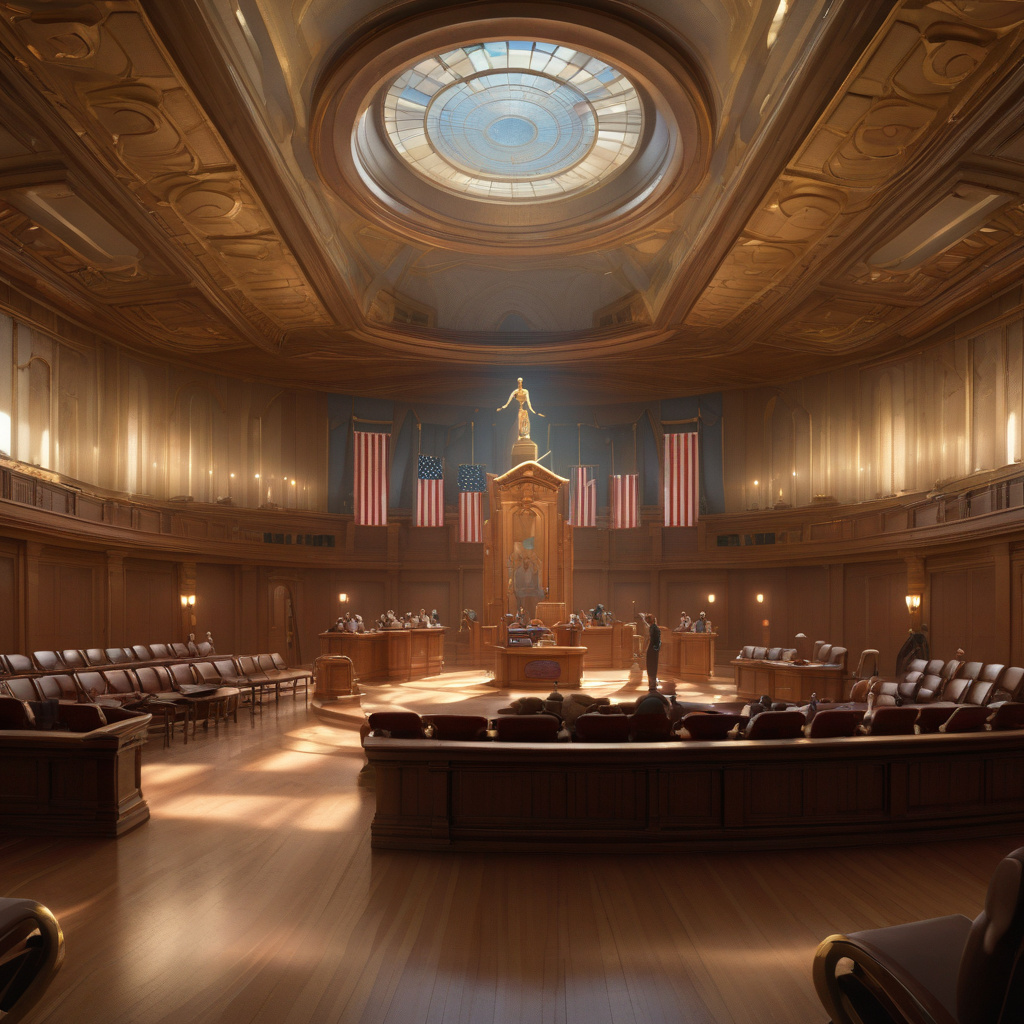Disney and Universal vs. Midjourney: A Landmark Copyright Battle Over genAI
In a groundbreaking move that could reshape the landscape of generative AI (genAI) and intellectual property, Disney and Universal have taken legal action against Midjourney, a prominent AI image generator. This lawsuit marks a significant departure from previous cases involving genAI, as major Hollywood studios with substantial resources have directly confronted a genAI company for copyright infringement. Notably, both Disney and Universal are heavy users of AI technology themselves.
The crux of the matter lies in Disney and Universal’s accusation that Midjourney’s platform facilitates widespread plagiarism. Subscribers can effortlessly produce unauthorized images of beloved characters like Darth Vader, Elsa, the Minions, Shrek, and more simply by entering a prompt. The ease with which these infringing images can be generated raises serious concerns about intellectual property rights and creativity in the digital age.
The images presented in the Disney/Universal lawsuit complaint vividly illustrate the challenge of distinguishing between original content and genAI-generated replicas. As genAI technology advances, the line between authentic and synthetic creations blurs, posing intricate legal and ethical dilemmas. Midjourney’s approach to image generation, which relies on broad internet scraping, underscores the complexities of attributing ownership in a digital ecosystem lacking robust copyright enforcement mechanisms.
While Midjourney’s CEO, David Holz, emphasizes the AI’s training on a massive dataset sourced from the internet, the fundamental issue of image ownership and attribution remains unresolved. The absence of embedded metadata complicates efforts to trace the origins of images, especially when iconic characters and copyrighted content are involved. Disney’s historical stance on protecting its intellectual property underscores the high stakes involved in this copyright dispute.
Disney’s legacy of safeguarding its IP through legal measures and advocating for extended copyright terms highlights the company’s commitment to preserving its creative assets. The ongoing lawsuit against Midjourney not only seeks financial damages but also aims to establish a precedent that safeguards against unauthorized use of copyrighted material by AI platforms. This legal battle transcends individual interests, shaping the broader discourse on genAI, copyright law, and artistic innovation.
As the intersection of genAI and copyright law evolves, key questions emerge regarding fair use, data scraping, and the responsibilities of AI companies in respecting intellectual property rights. The implications of this case extend beyond the entertainment industry, resonating with creators, technologists, and policymakers grappling with the ethical implications of AI-driven content generation. The outcome of this lawsuit could set a crucial precedent for future interactions between AI technologies and copyrighted material.
In the midst of this legal showdown, the broader regulatory landscape, including initiatives like Donald Trump’s AI Action Plan, adds another layer of uncertainty to the proceedings. The delicate balance between protecting intellectual property and fostering technological innovation remains a focal point of contention, with divergent perspectives on the permissible uses of AI in content creation.
As the debate surrounding genAI, copyright, and creative expression intensifies, the outcome of the Disney and Universal vs. Midjourney lawsuit stands to shape the future of intellectual property rights in the digital era. The complexity of balancing innovation with legal safeguards underscores the need for a nuanced approach to addressing the challenges posed by AI-driven content generation. This landmark copyright battle underscores the pivotal role of technology in reshaping traditional notions of ownership and creativity in a rapidly evolving digital landscape.

